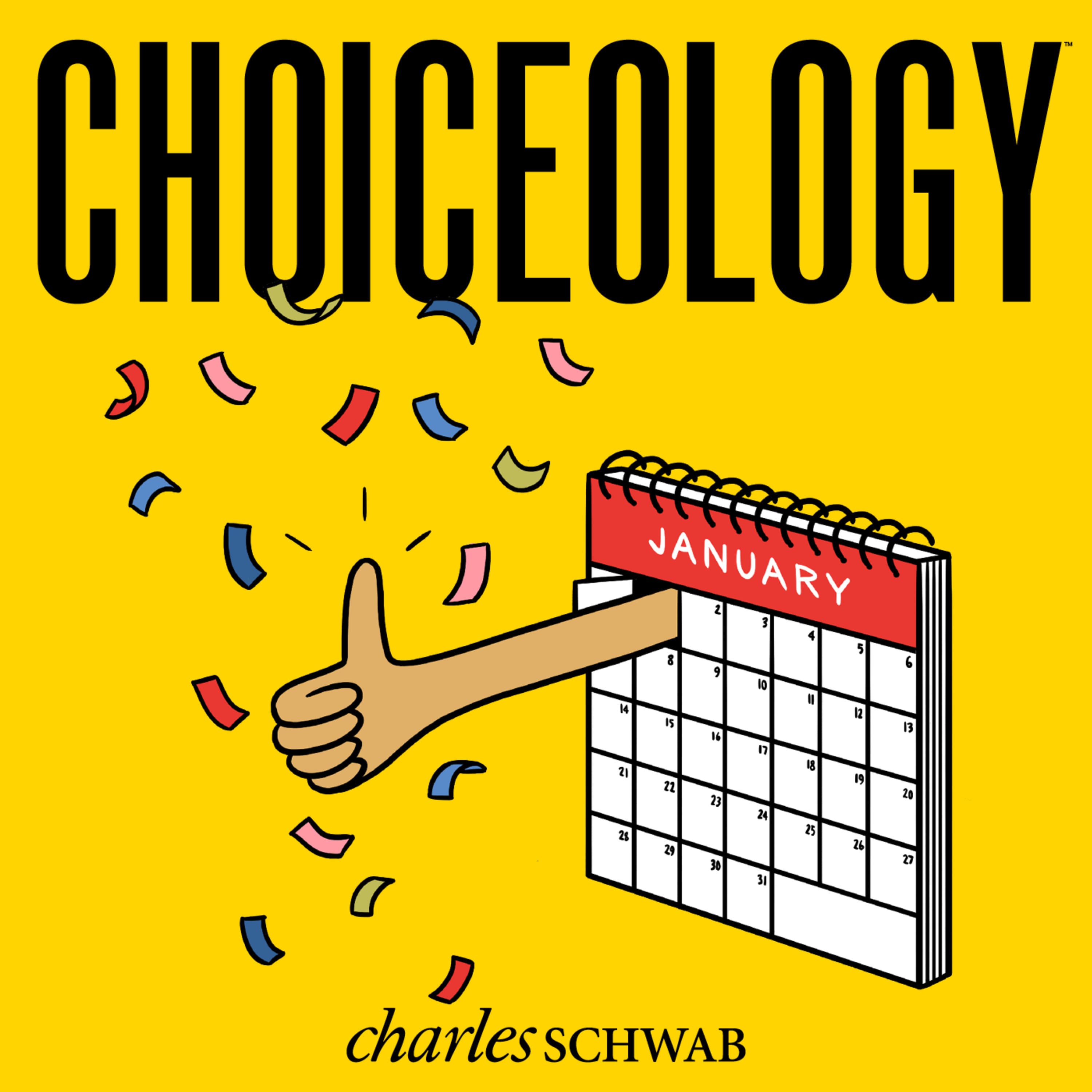A Clean Slate: With Guests John Beshears, Richard Thaler & Ray Zahab
For many people, the start of a new year is an occasion to re-examine their lives, to set new goals and to give up old habits. Making New Year's resolutions is something of a social ritual, but we see similar behaviors around other significant dates, as well—such as birthdays and anniversaries and the changing of seasons. And while it can be argued that all of these dates are arbitrary, studies show that they can still give you a head start in achieving your goals.
In this episode of Choiceology with Katy Milkman, we examine the common but not always rational phenomenon whereby people divide their lives into chapters. We look at ways to leverage this phenomenon to make better choices.
- The episode begins on a riverbank, with a religious rite symbolizing rebirth and renewal.
- Next, we hear about Ray Zahab's life-changing New Year's resolution. What began as a simple plan to live a healthier lifestyle ended up taking him on incredible adventures all around the world. Ray is the author of the book Running for My Life.
- From Ray's story of personal transformation around an auspicious date, we pivot to a related tendency for people to separate their money into mental accounts. Money, like time, is fungible—one dollar is as useful as any other dollar—yet people often divide their money into different categories. Why?
- Nobel laureate and best-selling author Richard Thaler explains the value of this cognitive bias and explores some of the peculiar behaviors people exhibit when they earmark their money for different purposes. And John Beshears of the Harvard Business School describes a study that exposes this bias in the way people perceive the value of grocery store coupons.
- Finally, Katy offers additional tips on leveraging these temporal landmarks and personal budgets to help you stick with your resolutions.
Choiceology is an original podcast from Charles Schwab.
If you enjoy the show, please leave a rating or review on Apple Podcasts.
Learn more about behavioral finance.
Explore more topics
All expressions of opinion are subject to change without notice in reaction to shifting market conditions.
The comments, views, and opinions expressed in the presentation are those of the speakers and do not necessarily represent the views of Charles Schwab.
Data contained herein from third-party providers is obtained from what are considered reliable sources. However, its accuracy, completeness or reliability cannot be guaranteed.
Apple Podcasts and the Apple logo are trademarks of Apple Inc., registered in the U.S. and other countries.
Google Podcasts and the Google Podcasts logo are trademarks of Google LLC.
Spotify and the Spotify logo are registered trademarks of Spotify AB.



